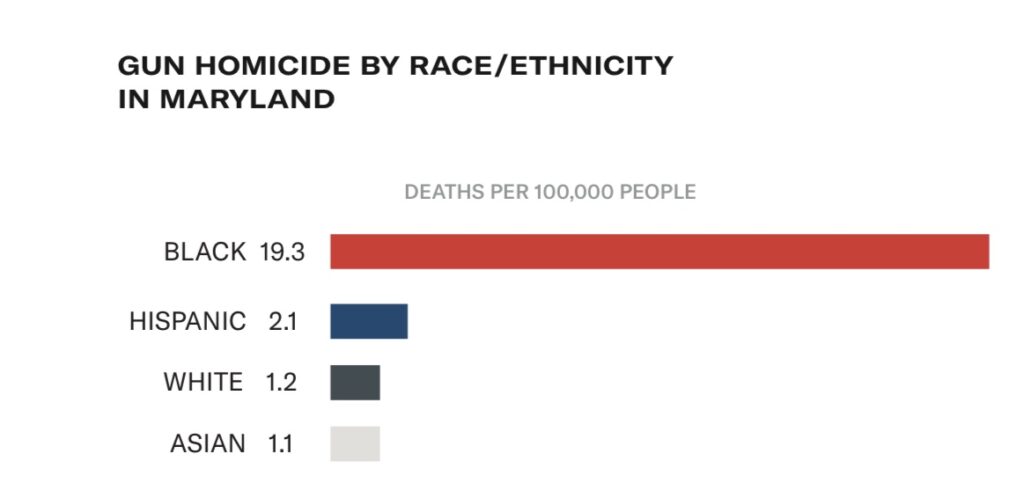What Will It Take?

Political leaders are not fully recognizing the health and disease in populations of what continuous racial systematic trauma. Recently I was driving my partners vehicle. A police officer pulled me over to ask me “where I was going”. He must of ran the tags to see that the car was registered to a women. I will never know at the time of encounter what was the real reason why he pulled me over. What I do know is what my body and mind felt. I also know and aware of what my body was going through as I felt, my heart raise and the discomfort. These things that is happening to individuals of any race or religion or difference is feeling when being targeted creates a sickness.
Racial trauma is a form of psychological trauma that results from experiencing or witnessing acts of racism, discrimination, or prejudice. This type of trauma can have a significant impact on an individual’s mental health and well-being, as well as their brain physiology
I study the human conditions and the growing patterns and causes of diseases, and how they affect different groups of people. Racial trauma, on the other hand, refers to the mental and emotional distress caused by experiences of racism and discrimination. While these two concepts may seem unrelated, there is research that suggests that racial trauma can have significant effects on the human condition, and that epidemiology can help us understand why passing down of traumatic has now shown that these effects can also be passed down to future generations through changes in our genetic material. The experience of racial trauma leads to changes in brain scans. These changes can occur in the areas of the brain responsible for emotional regulation, cognitive function, and memory. The effects of racial trauma can be long-lasting and may impact an individual’s ability to cope with stress and regulate their emotions.
One of the key ways in which racial trauma affects the human condition is through its impact on mental health. Research has shown that experiences of racism and discrimination can lead to a range of mental health problems, including depression, anxiety, and post-traumatic stress disorder (PTSD). These conditions can be debilitating, affecting an individual’s ability to work, socialize, and engage in everyday activities. Moreover, racial trauma can lead to a sense of isolation and disconnection from one’s community and from oneself, further exacerbating the negative effects on mental health, community, and economics.
In addition to its impact on mental health, racial trauma can also have physical health consequences. Studies have shown that experiences of racism and discrimination can lead to chronic stress, which in turn can contribute to a range of physical health problems, including cardiovascular disease, diabetes, and autoimmune disorders. Chronic stress can also weaken the immune system, making individuals more susceptible to infections and other illnesses.
One study conducted by researchers at the University of Southern California examined the brains of African American and Latino young adults who had experienced discrimination. They found that these individuals had increased activity in the amygdala, the part of the brain responsible for processing emotions such as fear and anger. This increased activity was also linked to a decrease in cognitive function, including memory and attention.
Another study conducted by researchers at the University of Michigan found that experiencing racial discrimination can lead to changes in the prefrontal cortex, the part of the brain responsible for decision-making and problem-solving. The study found that African American individuals who had experienced discrimination had thinner prefrontal cortexes, which may impact their ability to make decisions and solve problems in everyday life.
The link between racial trauma and the human condition is complex and multifaceted, and epidemiology can help us understand the underlying mechanisms. For example, epidemiological research can help us understand how experiences of racism and discrimination are distributed in the population, and how they interact with other social determinants of health, such as poverty and access to healthcare. Epidemiology can also help us identify the most effective interventions to prevent and address racial trauma, such as community-based programs that promote resilience and social support.
To understand how this happens, we need to first consider the role of genetics in the transmission of information from one generation to the next. Our genes, which are made up of DNA, contain the instructions that determine our physical and behavioral traits. However, it is now understood that our genes can also be modified by environmental factors such as stress, exposure to toxins, and trauma.

Studies have shown that exposure to traumatic events can cause changes in the way genes are expressed, a process known as epigenetic modification. These changes can lead to alterations in the structure and function of our cells, which can have a range of effects on our physical and mental health. For example, research has suggested that the children of Holocaust survivors have a higher risk of developing mental health issues such as anxiety and depression, which may be linked to epigenetic changes passed down from their parents.
One of the key mechanisms by which trauma can be passed down through our genes is through the transmission of epigenetic markers. These markers can be thought of as chemical tags that attach to our DNA and modify the way our genes are expressed. Research has shown that these markers can be passed down through multiple generations, meaning that the effects of trauma can be felt long after the initial event occurred.
While the transmission of trauma through our genes is a relatively new field of study, there is growing evidence to suggest that it may have important implications for our understanding of mental health and wellbeing.
Furthermore, a study conducted by researchers at the University of California, Los Angeles found that experiencing discrimination can lead to changes in the hippocampus, the part of the brain responsible for memory and learning. The study found that African American individuals who had experienced discrimination had a smaller hippocampus, which may impact their ability to remember and learn new information.
These studies suggest that experiencing racial trauma can have a significant impact on an individual’s brain physiology. Furthermore, the effects of racial trauma may be long-lasting and may impact an individual’s ability to cope with stress and regulate their emotions.
It is essential to recognize the impact of racial trauma on individuals and communities. Understanding how racial trauma affects the brain can help clinicians and researchers develop effective interventions and treatments for those who have experienced trauma. Additionally, addressing systemic racism and discrimination is crucial in preventing the harmful effects of racial trauma on individuals and communities.
We are asking the wrong question. We keep asking how to stop crime, drugs, and behavioral issues large and small. What we are not asking is or understanding is the causation of the individuals. I am never going to look for an excuse ,but I am going to look for the condition and the how. When we understand this then we can start correcting communities, and individuals.
Written by: Dr Paul W Dyer



